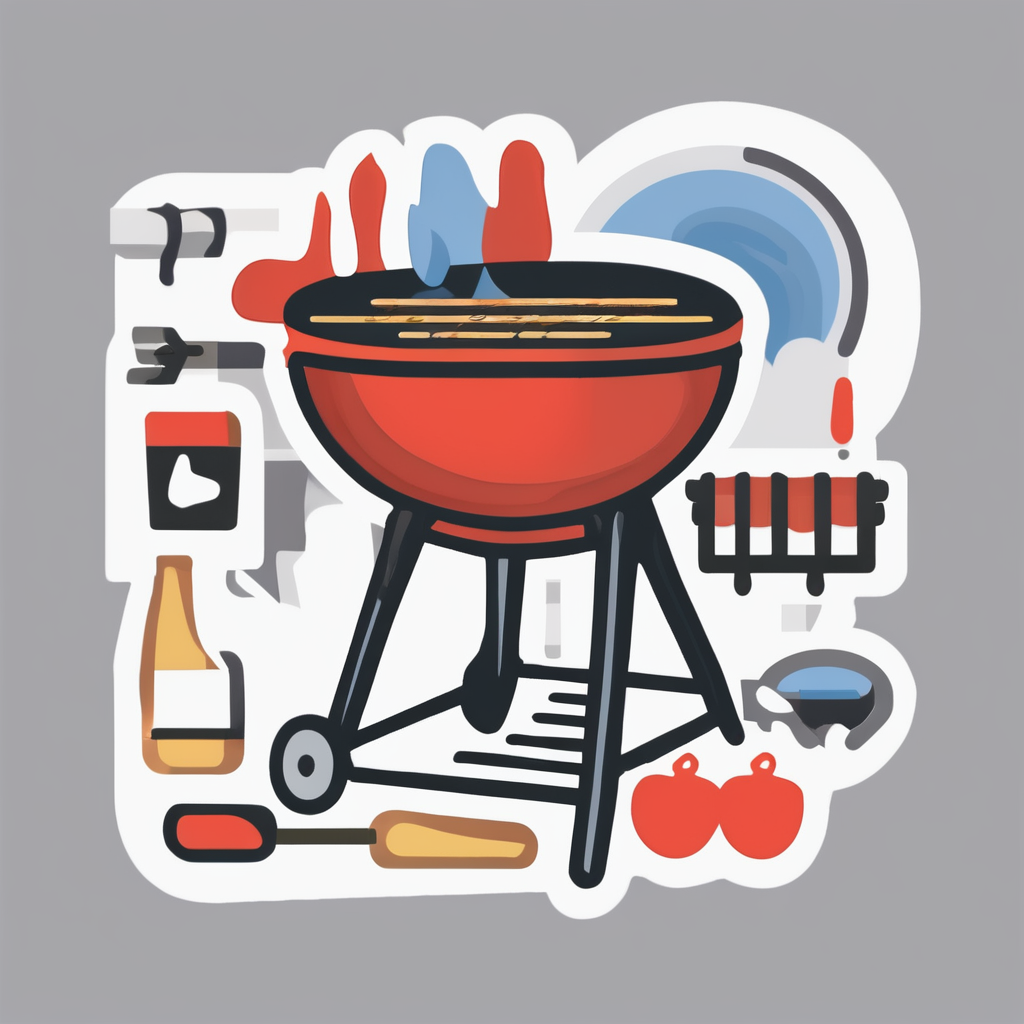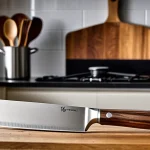Technological Advancements Transforming UK Kitchen Bars
Technology in kitchen bars UK has witnessed remarkable growth, reshaping how these spaces function and serve patrons. One key trend is the integration of smart kitchen bar technology, which allows for seamless control of lighting, music, and temperature, enhancing the customer experience effortlessly.
Smart appliances have become central to many UK kitchen bars. For instance, connected refrigeration units can monitor stock levels in real time, alerting staff when supplies run low. This reduces waste and streamlines operations. Additionally, automated coffee machines and cocktail mixers enable consistent quality and faster service, impressing guests with every order.
Also read : Discover the latest innovative drink trends shaping uk kitchen bars
Automation in kitchen bars goes beyond appliances. Digital management tools help coordinate inventory, staff shifts, and reservations through intuitive interfaces. These systems not only cut down administrative workload but also improve accuracy and responsiveness to customer demands.
Adopting these technologies offers kitchen bars a competitive edge, allowing them to operate smoothly while maintaining a personalized touch. For businesses exploring modernization, embracing innovation in kitchen bars UK means enhancing efficiency without compromising on atmosphere or hospitality.
Also to discover : How does ambiance influence the success of kitchen restaurants in the uk?
Real-World Applications and Case Studies
In the UK, kitchen bars are increasingly integrating advanced technology to improve efficiency and customer experience. One prominent application is the adoption of digital ordering systems. These systems allow customers to place orders via tablets or mobile apps, reducing wait times and errors. For instance, some UK kitchen bars have replaced traditional menus with interactive digital screens, enabling patrons to customize their orders seamlessly.
Kitchen automation is another growing trend. Automated cooking devices and smart kitchen appliances help streamline food preparation, allowing kitchen staff to focus on quality and presentation. UK examples include bars that use automated drink dispensers integrated with digital ordering, ensuring consistency and speed.
Statistics show a significant uptick in technology adoption among kitchen bars in the UK. Over 60% have incorporated some form of digital ordering or kitchen automation within the last five years, driven by the demand for contactless service and operational efficiency.
These case studies underline how embracing technology in kitchen bars enhances service delivery while keeping pace with evolving customer preferences in a competitive hospitality landscape.
Impact on Customer Experience and Engagement
In the world of tech-enhanced hospitality, integrating technology into kitchen bars has significantly transformed the customer experience. Digital customer engagement tools elevate convenience by offering personalised interactions. Customers can now customise orders with ease, reducing miscommunication and enhancing satisfaction.
One key benefit is the reduction of wait times. Automated ordering systems and smart kitchen displays streamline service, allowing staff to focus on quality rather than managing queues. This efficiency often leads to faster service and a more enjoyable visit.
Additionally, the integration of loyalty apps and contactless payments creates seamless transactions. Customers enjoy rewards and faster checkouts, which boosts return visits and deepens engagement. These advancements encourage a smooth and interactive environment, making customers feel valued and connected.
By prioritising these elements, kitchen bars embracing digital customer engagement strengthen relationships and foster positive experiences — a critical factor in today’s competitive hospitality landscape.
Changing Staff Roles and Business Operations
Automation is transforming staff roles in kitchen bars by shifting routine tasks from humans to machines. This change means fewer employees are needed for repetitive chores, but the demand for staff with technical skills in operating and maintaining kitchen tech rises. Employees increasingly focus on oversight, quality control, and customer engagement rather than manual labor.
Business efficiency improves significantly as automation streamlines inventory management, reduces waste, and optimizes workflow. Integrated kitchen tech systems enable real-time tracking of supplies, simplifying order replenishment and ensuring smooth operations during busy periods. Communication between front-of-house and back-of-house staff becomes more seamless, reducing errors and speeding up service.
The evolving landscape requires current and future employees to learn new competencies, such as troubleshooting automated equipment and using data-driven tools to enhance service. Investing in training programs helps businesses retain skilled workers and adapt to automation’s ongoing impact. By embracing these changes, kitchen bars can create a more productive workplace while supporting staff growth and business efficiency.
Benefits, Challenges, and Future Outlook
Kitchen bar tech benefits are reshaping food and drink preparation by enhancing efficiency and delivering significant cost savings. Automated systems reduce manual errors, speed up service, and optimize inventory management, giving venues a vital competitive advantage in an ever-demanding market.
However, challenges of technology in kitchen bars remain substantial. Integration with existing systems often proves complex and costly, requiring investment in both hardware and software. Additionally, staff adaptation is critical; training is necessary to ensure smooth adoption and maximize technology’s potential. Resistance or slow learning curves can hinder benefits, emphasizing the need for well-planned implementation.
Looking ahead, future trends kitchen bars will likely focus on increased AI integration, more user-friendly interfaces, and sustainability features. Experts predict innovations in real-time analytics and personalized customer experiences will drive the next wave of kitchen bar tech benefits. Moreover, modular technology designs may address current integration hurdles, reducing upfront costs and simplifying upgrades.
Understanding these dynamics enables operators to cautiously embrace advancements while preparing for ongoing challenges, ensuring sustained success in a fast-evolving environment.

